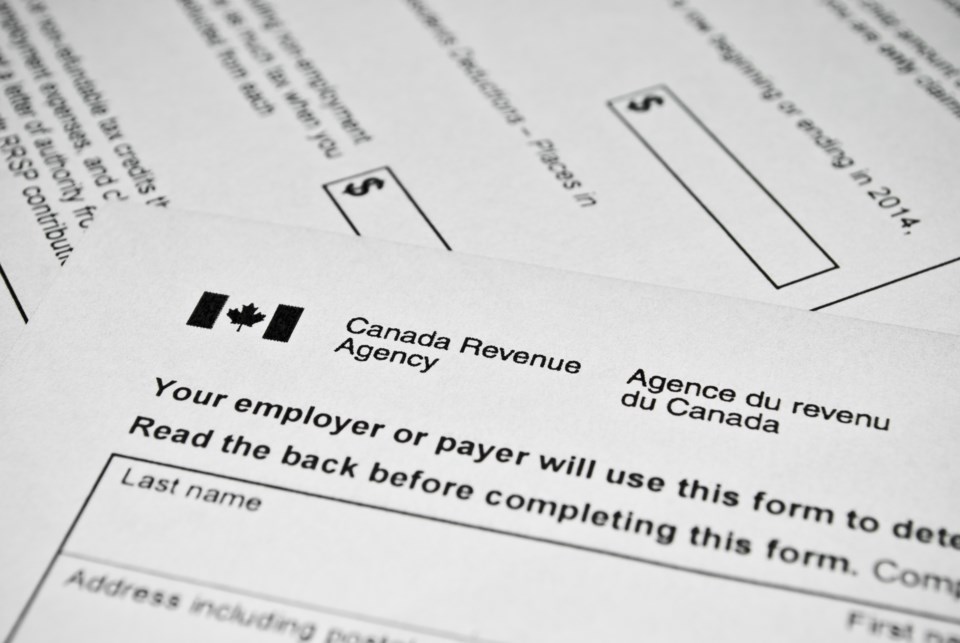How would you like it if you paid your municipal and school taxes every year, your kids are in school, but you can’t vote for city council or the school board?
Hundreds of people in North Bay are in that situation.
They are permanent residents of Canada but are not entitled to vote because they are not yet Canadian citizens. If they would be any more motivated than the dismal 43 per cent of voters who bothered to cast a ballot in the recent Ontario election is beside the point. They don’t have the right to vote.
To become a citizen, you have to have lived in Canada for at least three of the past five years, with your time as a temporary resident only eligible for a half-day for every full day you were here. The government processing fee is $530 and the right of citizenship fee is $100.
You have to have filed taxes for each year you were in Canada, pass a citizenship test, which most Canadians would likely fail, and prove your language skills in either English or French.
The Liberal federal government said in the 2021 election campaign that it will eliminate citizenship fees. It said the same thing in the 2019 campaign, and the fees remain in place.
There are other obstacles. The paperwork is daunting to many.
One client I had speaks English as his first language and works in a professional occupation. He asked me to do the paperwork.
Others say becoming a Canadian citizen could jeopardize travel to their home country to visit relatives because dual citizenship is not recognized.
The Ontario government controls municipalities and all indications are that it has no plan to eliminate the citizenship requirement for municipal and school board elections. This is despite the fact that some municipalities, including North Bay, Toronto, and Waterloo in Ontario, plus Vancouver, Halifax, and others, have voted to allow permanent residents voting rights.
New Brunswick is set to allow permanent residents to vote in the next municipal elections, scheduled for 2026.
North Bay City Council went on the record in support of a motion on May 11, 2015, after a presentation I gave in support of the concept. As I recall, voting against were Tanya Vrebosch and Mark King, and the motion passed easily.
That endorsement has earned the city positive press across Canada, as other cities are urged to support the movement. However, when I visit city hall I see no diversity whatsoever among the staff, and there is none at the city council level. Clearly, there is more to be done to make the city a welcoming place for newcomers.
There are dissenting views, of course. They centre on the argument that this will devalue Canadian citizenship. My response is that people should have the right to vote municipally, as it is the government closest to the people and who gets elected is important. Retain citizenship as a requirement for provincial and federal elections.
Take the announcement recently by MP Anthony Rota that the federal government will contribute almost $26 million to the arena project at the Omischl complex. It was wonderful to hear.
But, if we had more diversity at city hall and on the city council, and permanent residents could vote, the conversation might include a desire for more soccer fields and cricket pitches as well. When you don’t have diversity in decision-making, which includes voting, you keep doing everything the way you have always done it.
Myer Siemiatycki, professor emeritus at Toronto Metropolitan University, where my granddaughter begins studies in September, (if you haven’t heard of it, it’s the new name for Ryerson), says there are more than 50 countries that allow non-citizens the right to vote.
So, it’s not a novel concept. Other countries are way ahead of us.
He told the CBC recently that changes are long overdue, because there’s currently a “ludicrous” double standard where people who own property in Toronto but live elsewhere can vote, while permanent residents actually living in the city can’t.
In the U.S., non-citizens can vote municipally in many cities. New York recently came on board and Boston may be next. Near Boston, Cambridge and Amherst have extended the ability to vote.
Good on North Bay City Council for being an early adopter of a motion to extend municipal voting rights. The barrier is the Conservative government of Doug Ford.
Perhaps our MPP, Vic Fedeli, could bend his ear on the topic.
Editor’s Note: Don Curry is a Regulated Canadian Immigration Consultant living in North Bay, and a member of the Bay Today community advisory committee.



